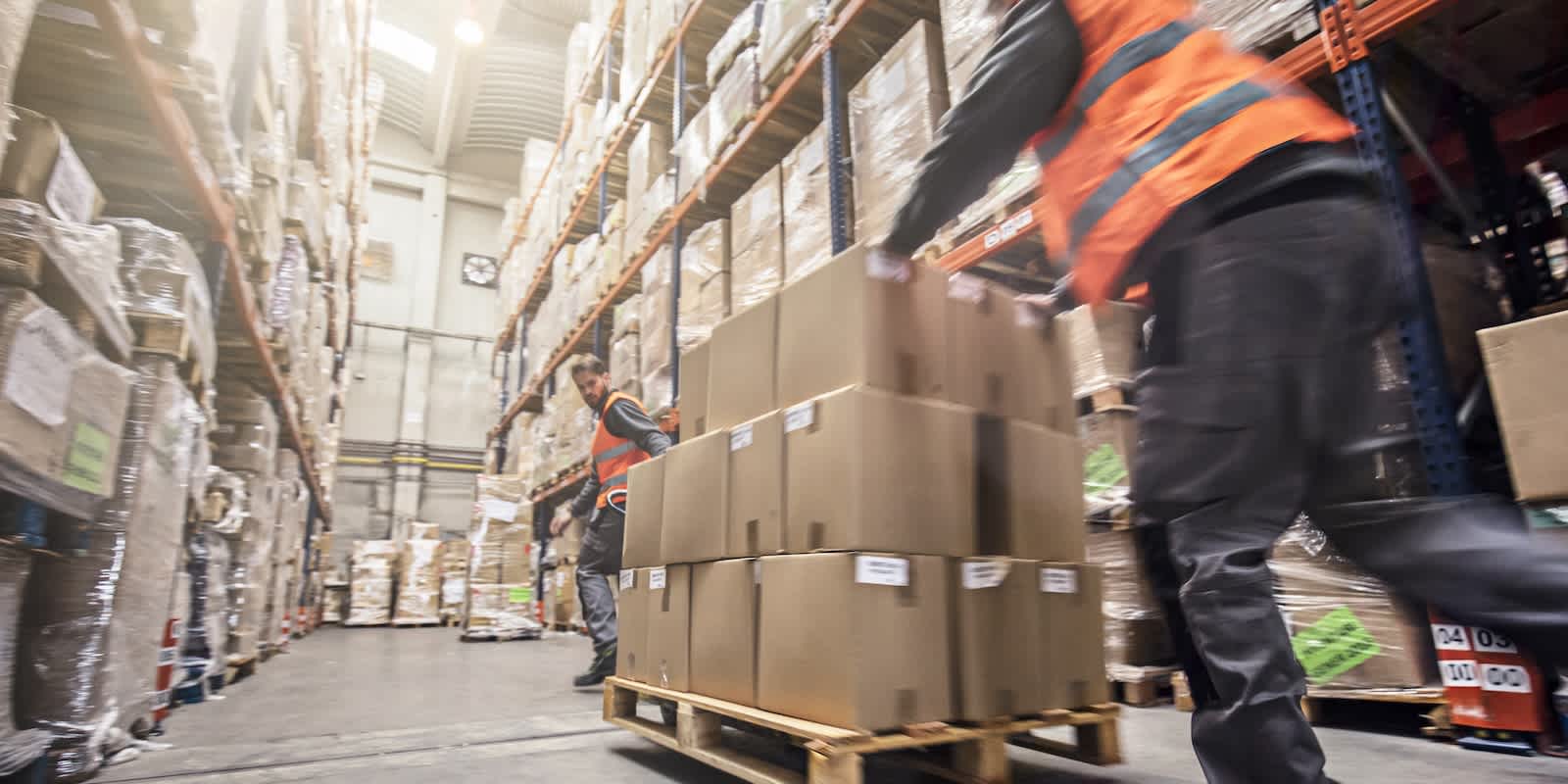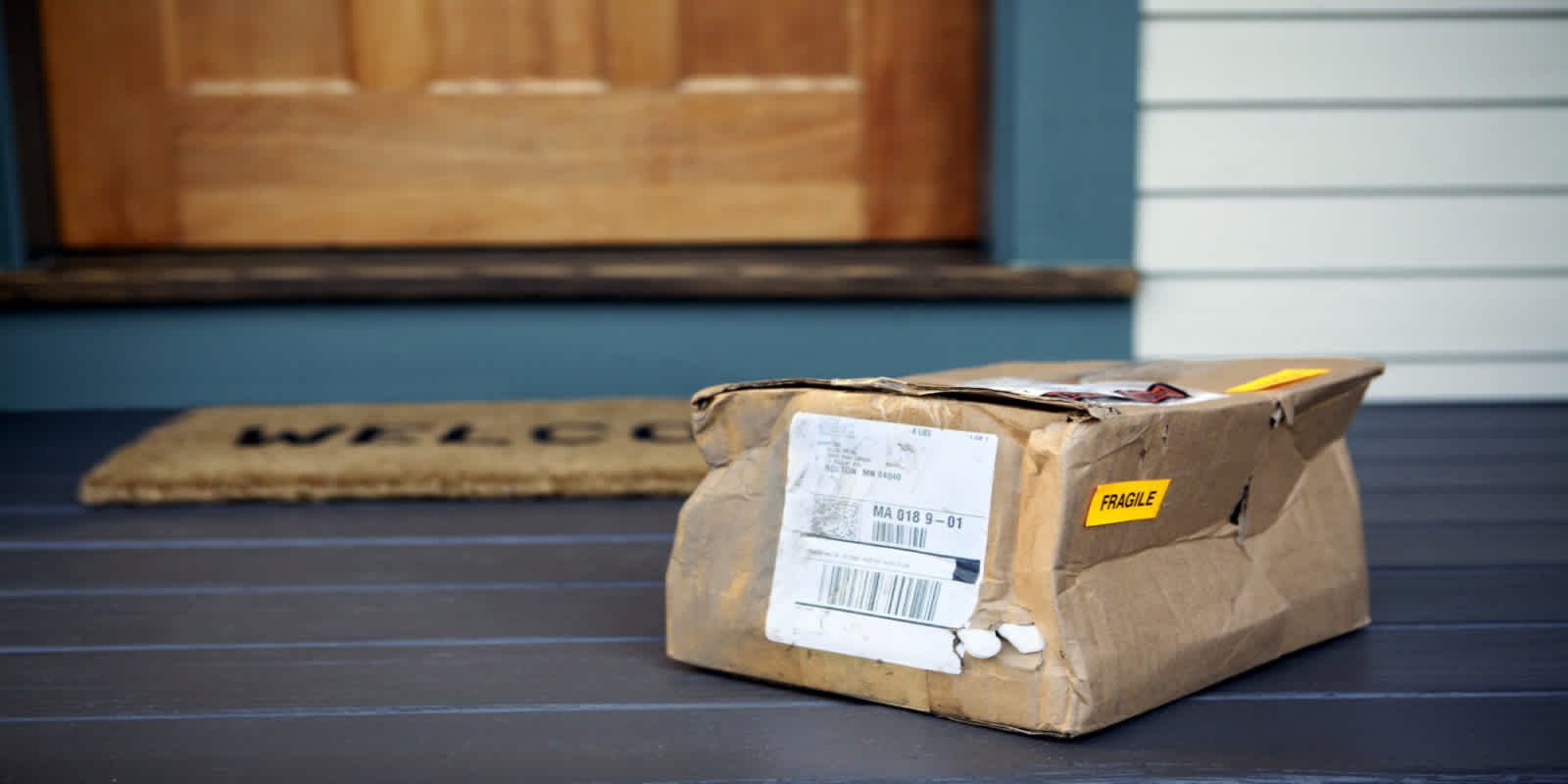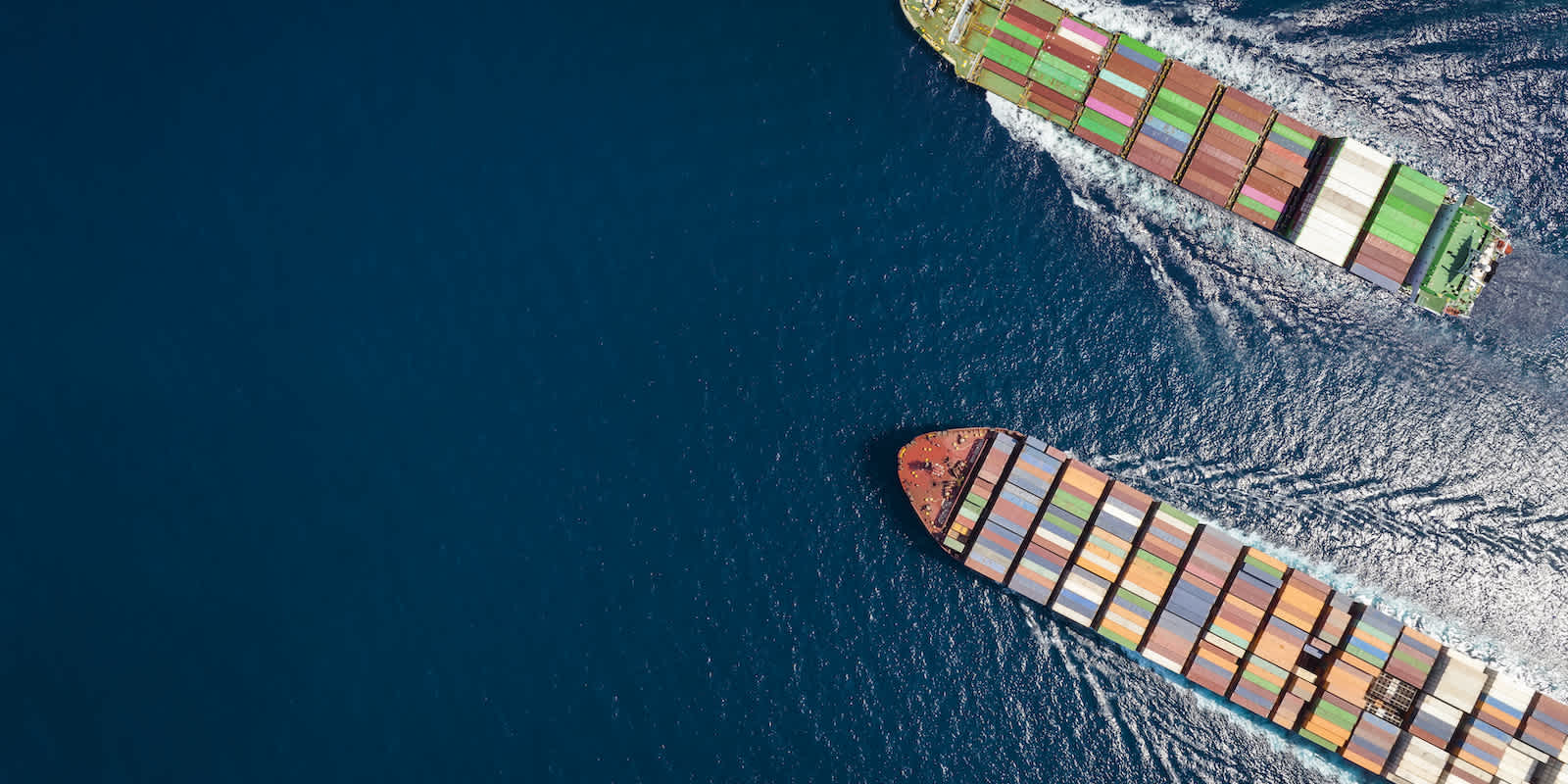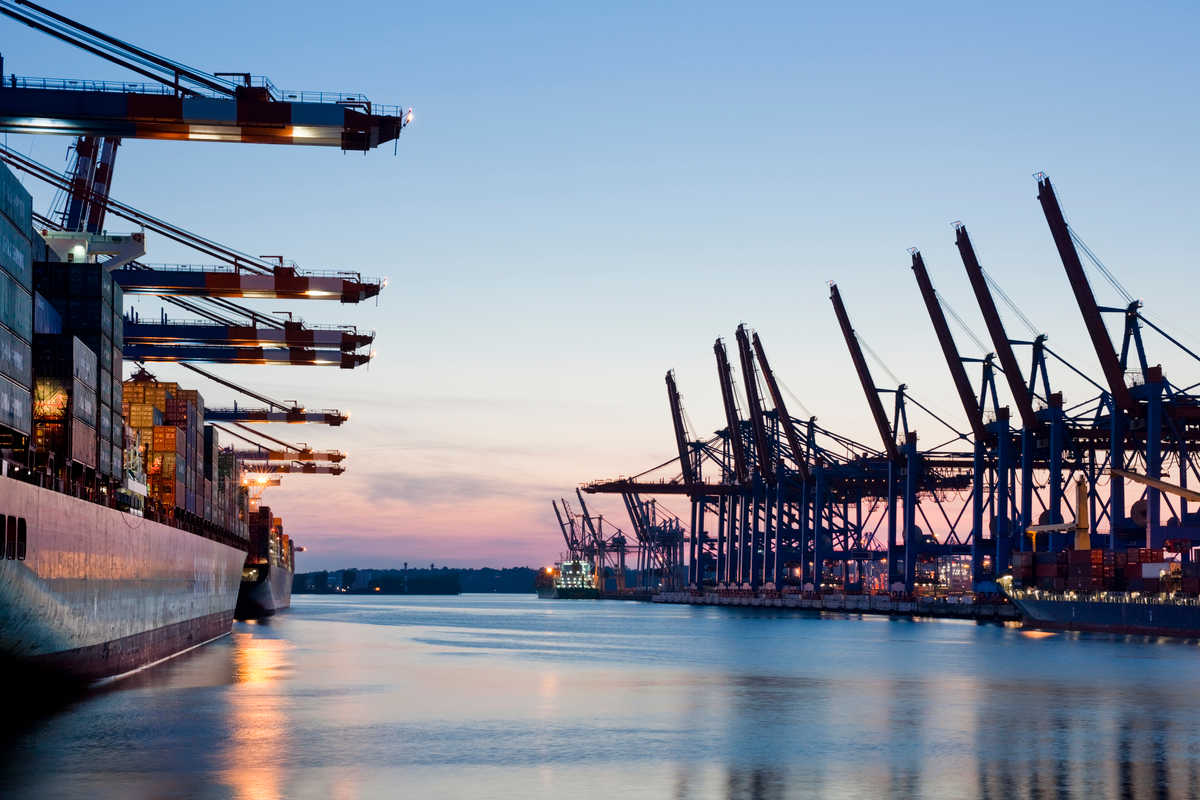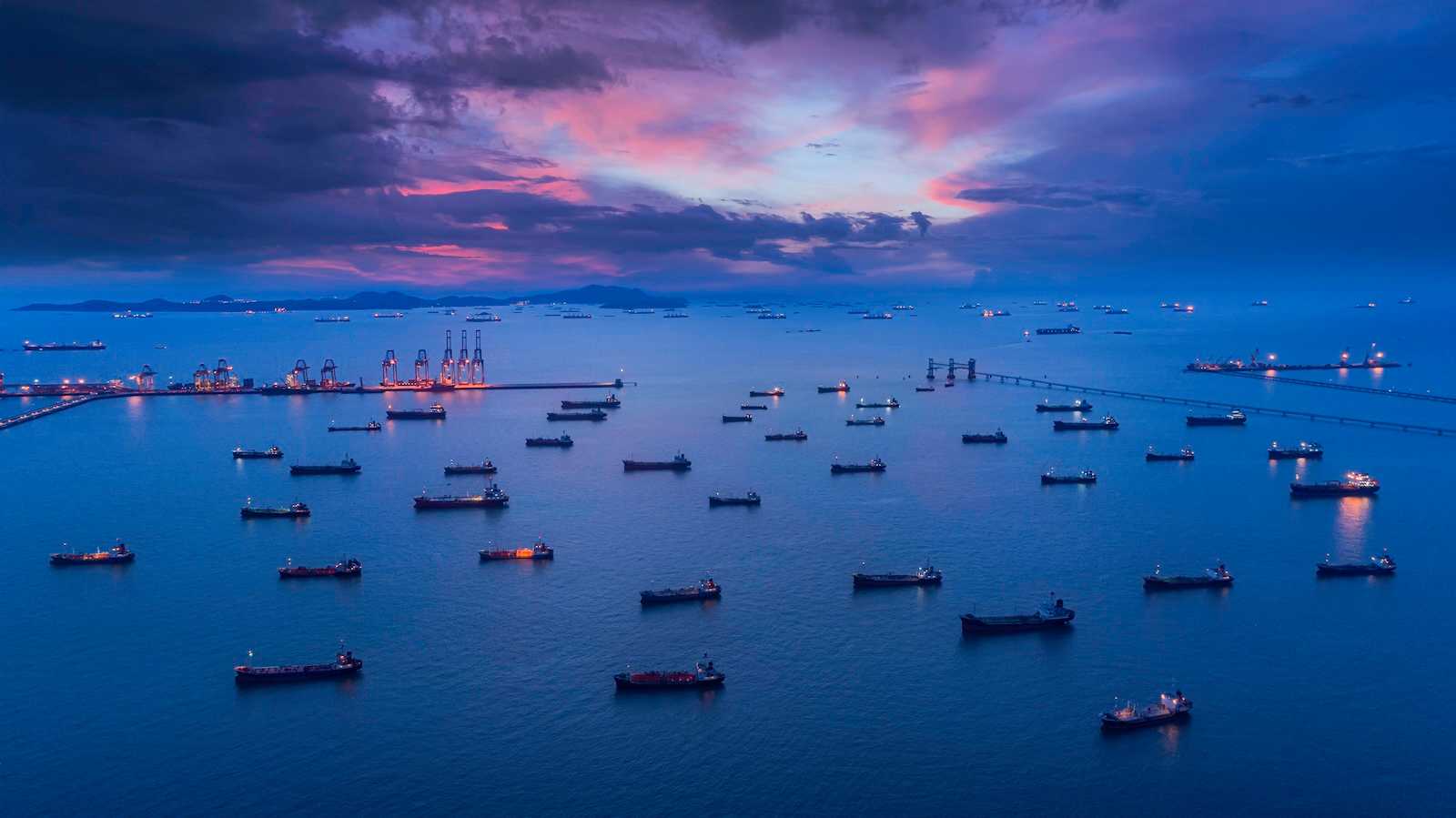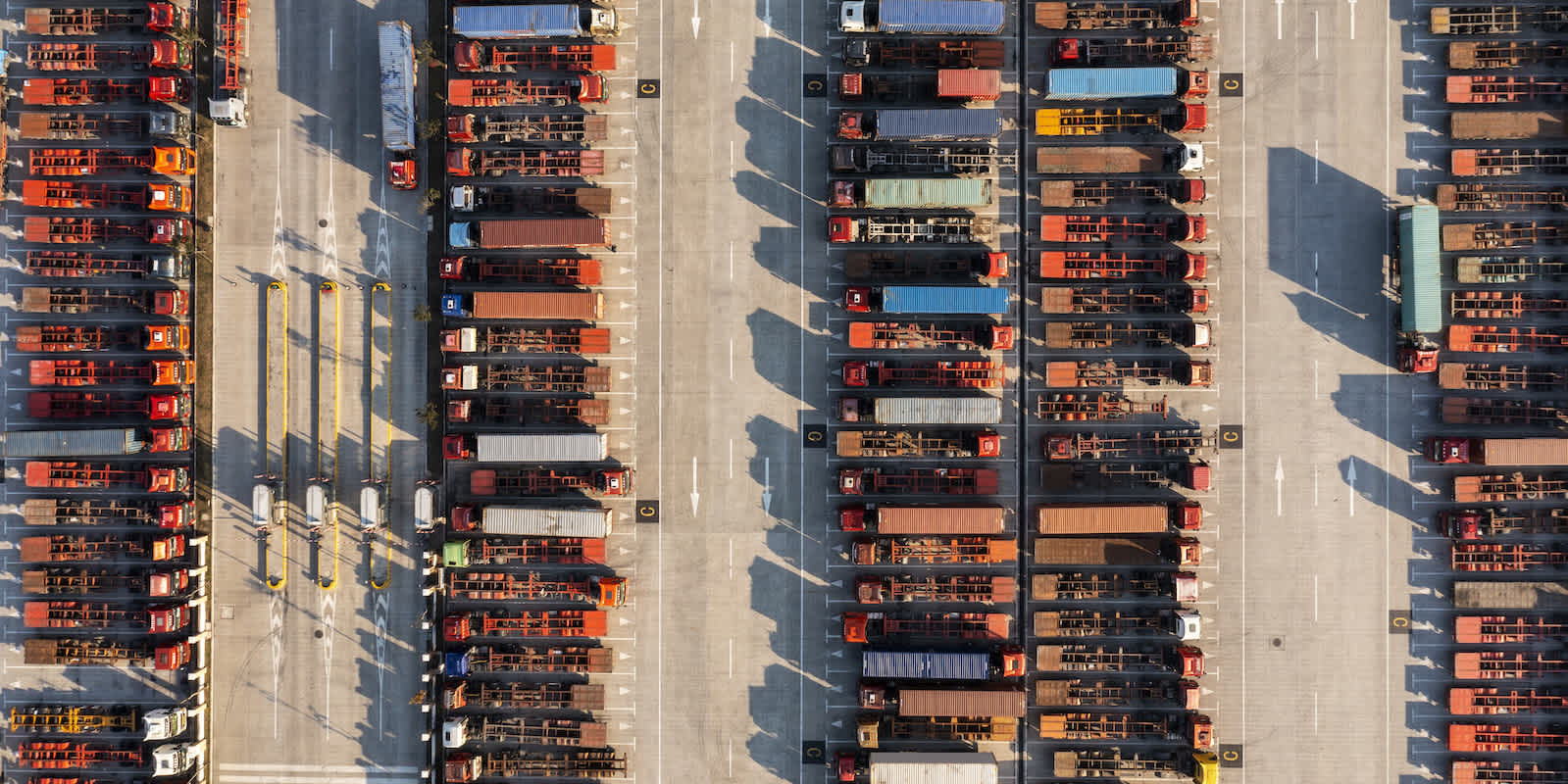
August 21, 2023
Supply Chain Snapshots - News of the Week (August 21, 2023)
Monday, August 21, 2023
Panama Canal Extends Transit Restrictions Through Sept. 2
(Read more on Reuters)
The Panama Canal Authority said last week that current restrictions on vessel draft and the number of vessels granted transit daily will remain in place until at least Sept. 2, 2023. Those restrictions are a maximum allowed draft of 44 feet, or 13.41 meters, and 32 vessels per day. Those passages are divided into categories, with 14 vessels with reservations per day in the original locks (only suitable for smaller cargo ships) and 10 in the newer, larger locks. The remaining eight spots are given to vessels without reservations.
Malaysian Firefighters Control Container Fire on Vessel off Port Klang
(Read more on The Maritime Executive)
The containership KMTC Shenzhen, owned by Korea Marine Transport Co. (KMTC) called in a fire alarm as it approached Port Klang, Malaysia last week. In total, 111 firefighters were dispatched, aboard fireboats from Malaysian Maritime and local fire departments. The fire was contained in approximately two hours, though the investigation into just what caused the blaze is ongoing.
TSA Expands Air Cargo Screening Programme
(Read more on Air Cargo News)
Supply chain stakeholders from manufacturers and indirect air cargo carriers to warehouses and assembly plants can now apply for certification under the Transportation Security Administration’s (TSA) Certified Cargo Screening Program. The intent of the program is to spread out the workload associated with ensuring the secure transport of goods, while reducing the need for further screenings later in the supply chain.
What Was Once a Weed Could Fuel Jet Engines
(Read more on The Wall Street Journal)
Biomass fuels, or fuels created by processing plant matter, are a growing area of interest for those involved in addressing the carbon footprint of the global supply chain (like Flexport’s Flexport.org division). And as interest in Sustainable Aviation Fuel (SAF) grows, several companies are hoping their non-food crop oilseed plants will be the first step to a carbon-neutral supply chain. These so-called ‘cover crops’ are grown during fallow seasons in the same fields as other food crops like soy or corn. That allows farmers to maintain their fields while generating additional income, and the result is a product that many hope will usher in that more sustainable supply chain.
Is Onshoring/Nearshoring Ready to Take Off
(Read more on Supply Chain Digest)
The global disruptions brought on by the COVID pandemic have led to heightened interest in both bolstering resilience and in expanding diversity in supply chains. There’s been a fair amount of talk about the practice of nearshoring—or onshoring—that is to say, relocating the early stages of a company’s supply chain like manufacturing to locations closer to their final markets. The recent report from consulting firm AlixPartners discussed here indicates that this practice may be able to reach an important tipping point.


